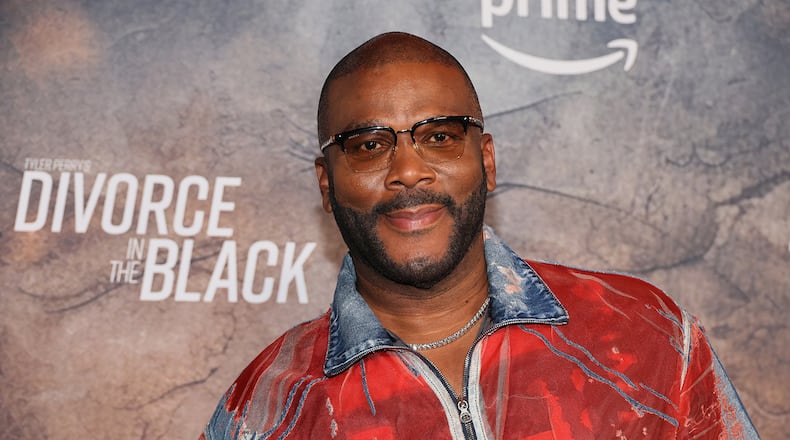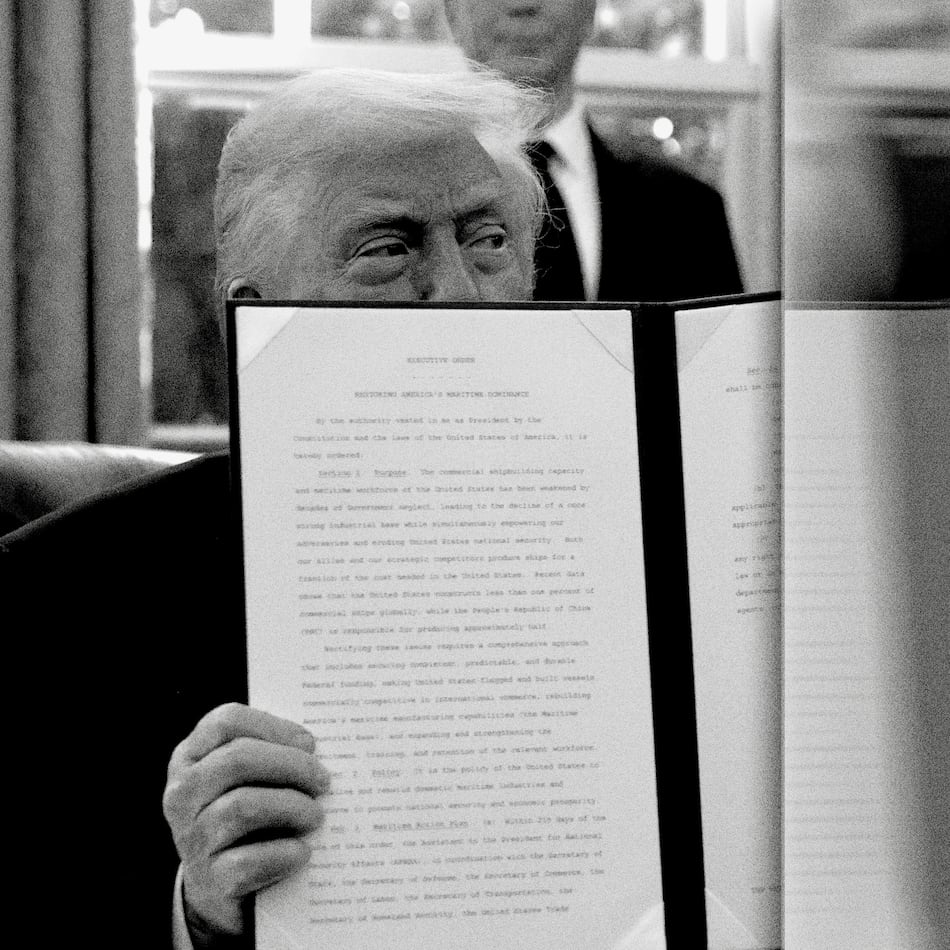Atlanta’s own media mogul, Tyler Perry, is launching a program to support upstart filmmakers with training at his sprawling studio campus at Fort McPherson and funds to produce a short film.
Dubbed the Tyler Perry Studios Dream Collective, the program is designed to cultivate a new wave of filmmakers, particularly from underrepresented voices, and equip them with resources to create a sustainable career, according to a press release.
The program will revolve around the process of making a short film. One hundred applicants will be accepted into the program, but only five will be given $30,000 in prize money to produce their project.
In the release, Perry said he has wanted to create a program in which he could take what he’s learned in the business and share it with others. When the playwright and actor turned filmmaker started making movies 20 years ago, no one in Hollywood knew his name or gave him a shot, even as his stage plays were selling out, he said.
“The Tyler Perry Studios Dream Collective is my dream of opening the door for the next generation of artists,” he said.
For first-time or early-stage filmmakers, breaking into and navigating the industry is difficult. There is no one clear path to start a career in film and television, but many of the more conventional options — such as going through film school or taking underpaid, if paid at all, gigs to work one’s way up the ladder — are often not financially viable.
Filmmakers typically get their start by bootstrapping and independently financing their own projects. But that is cost prohibitive too and doesn’t count the time, effort and money to get projects into festivals, where it may never get into the hands of the right people.
There are a handful of programs designed to help filmmakers get their stories off the ground in Georgia.
The educational arm of Trilith Studios launched an initiative earlier this year that will help move scripts along the development cycle and allocate funds toward producing proof-of-concept materials, like a “show bible,” or the first 20 minutes of a feature film. Nonprofit organization Film Impact Georgia offers $5,000 grants to two filmmakers producing shorts each year. There are regional programs too, like the Columbus Film Fund, which provides grants.
Applications for the Dream Collective program will open April 17 and close May 1, according to the release. Interested applicants can submit past work and accompanying materials that best articulate their vision for a project.
Only 100 applicants will be selected as preliminary finalists, who will then participate in four weeks of virtual training sessions. The topics of the training sessions haven’t been determined, according to Perry’s team, but it will include a mix of training in both directing and below-the-line work, a term to describe jobs performed by crew members.
These finalists can submit short film scripts and accompanying materials, and only 10 of them will be selected to move on to the next round.
From there, the cohort of 10 will participate in a 10-day training workshop at Tyler Perry Studios in the summer, according to the release. They’ll work with actors, department heads and other personnel to experiment with their script scenes and develop directing skills. After this, they will pitch their short film and vision for bringing their story to life.
Five will be selected and awarded $30,000 from Tyler Perry Studios to produce their short film this fall in the Atlanta area. They will also receive access to crew people, the studio’s production resources and mentorship from Tyler Perry Studios.
Dawn Hudson, the former CEO of the Academy of Motion Picture Arts and Sciences, is heading the program. After Hudson left the Academy, she and Perry had a conversation about how the film industry is getting more and more difficult to enter, she said in the release.
“If you’re not directly connected in some way, it’s easy to feel shut out,” Hudson said in the release. “This is why we joined forces to create the Tyler Perry Studios Dream Collective. It is of vital importance to have a diversity of voices in cinema and television. This makes the world a more compassionate and informed place to live in. You can’t create without community. And you damn sure can’t make films.”
About the Author
Keep Reading
The Latest
Featured




